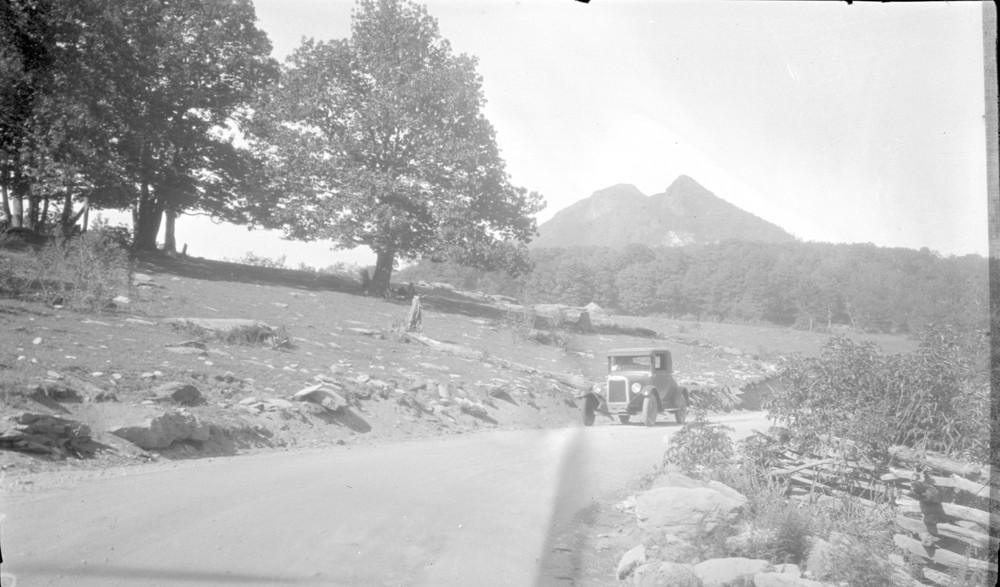
The strength of the North Carolina Digital Heritage Center are the connections and communities we have partnered with to share the history of our beautiful state, from the mountains, across the piedmont, and to the sea. Our staff has had heavy hearts for our fellow North Carolinians in the western parts of the state (WNC) since the devastating impact of Hurricane Helene on September 27th. The loss of life and communities, as well as the long road ahead for recovery and rebuilding is heartbreaking.
While there are many efforts to support this work, we cede information on how to help our western communities to organizations such as Blue Ridge Public Radio, the State of North Carolina, and local WNC libraries. The Blue Ridge Public Radio—who has been a voice for all the communities of WNC—along with the State of North Carolina have compiled great resources which can be viewed here and here. Local WNC libraries have shown the vitality and necessity of libraries in the wake of this tragic event by serving as a place for physical and internet connection, as well as a vetted source of information for the community to find where to get help, how to help, and how to move forward.
Resources for Libraries, Museums, and Other Cultural Heritage Organizations
The State Library of North Carolina has put together a comprehensive library guide on resources available to libraries, museums, and cultural heritage organizations – including information on the Heritage Emergency National Task Force (HENTF) which is co-sponsored by FEMA and the Smithsonian Institution and how to apply for assistance through them.
The Institute of Museum and Library Services sent out a bulletin with information and links to the Rapid Damage Assessment Forms from the Heritage Emergency National Task Force.
The NC Arts Disaster Relief Fund that is being run through the North Carolina Arts Foundation to provide funding and assistance to artists and arts organizations affected by Hurricane Helene.
ARTS North Carolina, with significant support from ARTSavl, has created a guide to Emergency Support Resources for Artists & Arts Organizations which includes Rapid Damage Assessment Forms for Cultural Institutions, Artists, and Arts Organizations from the National Coalition for Arts’ Preparedness and Emergency Response
The Society of American Archivists has shared the following resources:
| Hurricane and Severe Weather Recovery Resources For Immediate Advice or Assistance: Contact the National Heritage Responders at 201-661-8068. Contact Northeast Document Conservation Center’s Disaster Assistance or call NEDCC’s 24/7 Emergency Hotline at 1-855-245-8303. DISASTER RECOVERY RESOURCES Disaster Response and Recovery Guides (FAIC) Records Emergencies Guides (NARA) Save Your Family Treasures (HENTF) Salvaging Water-Damaged Family Valuables and Heirlooms (FEMA) Members of the public with questions about saving family heirlooms can contact the National Heritage Responders at NHRpublichelpline@culturalheritage.org. Review Documenting in Times of Crisis: A Resource Kit, which provides templates and documents to assist cultural heritage responders and archivists in collecting materials on tragedies within their communities. For direct assistance, contact the SAA Crisis Collecting Assistance Team (CCAT), which offers remote assistance and general guidance on crisis collecting. CCAT volunteers include expert archivists who have all faced similar situations in leading and supporting their staff through processing and documenting tragedies great and small. |
These resources and links are up to date as of October 10, 2024. We will update this post if more relevant resources come online for us to share. If our partners have any questions or need help navigating this time, please feel free to reach out to us at DigitalNC and we will help to connect you with the right resources.
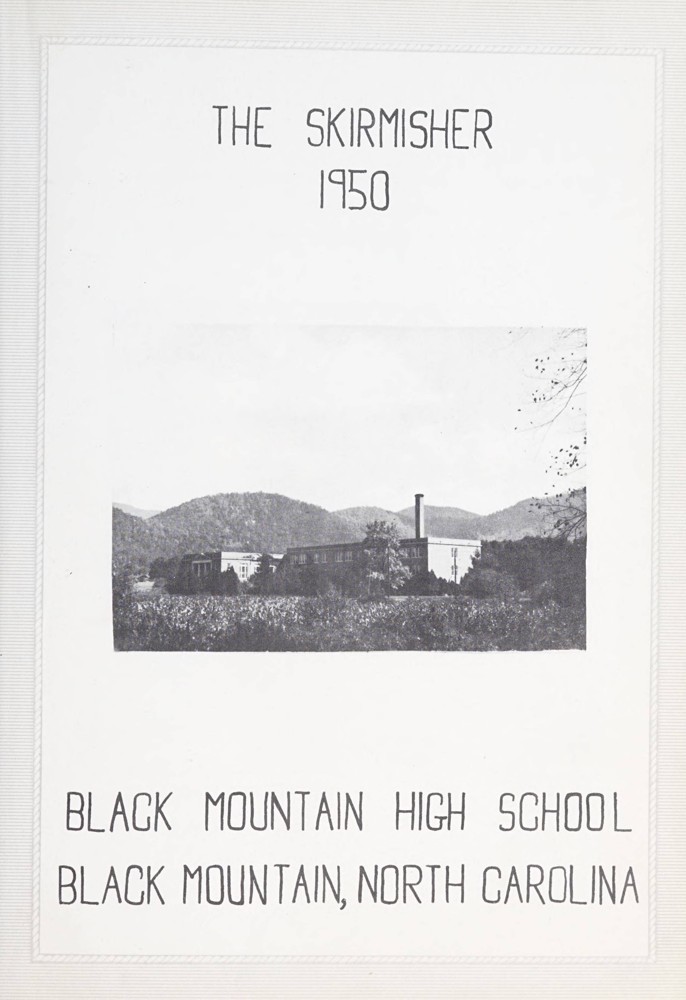

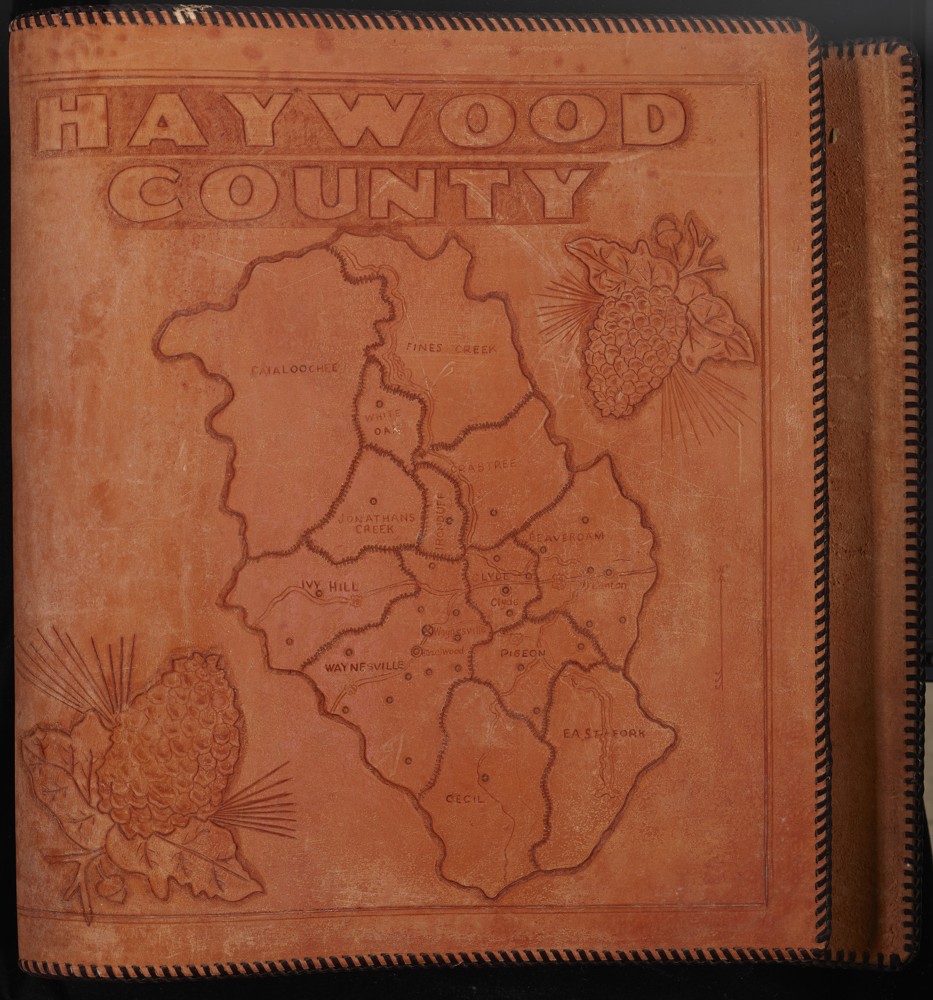
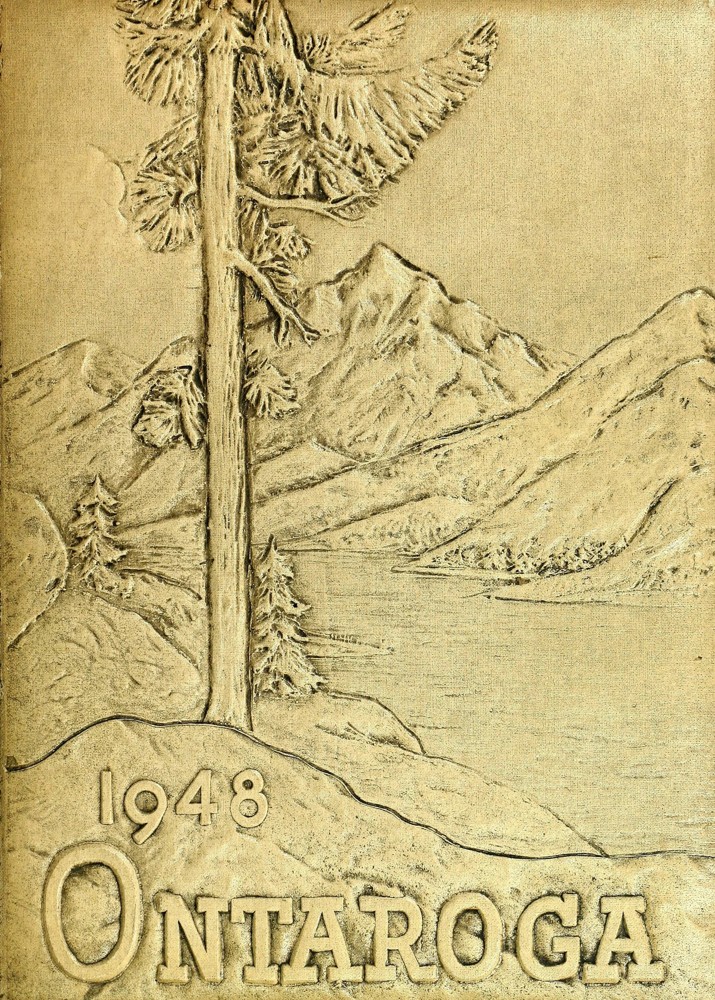
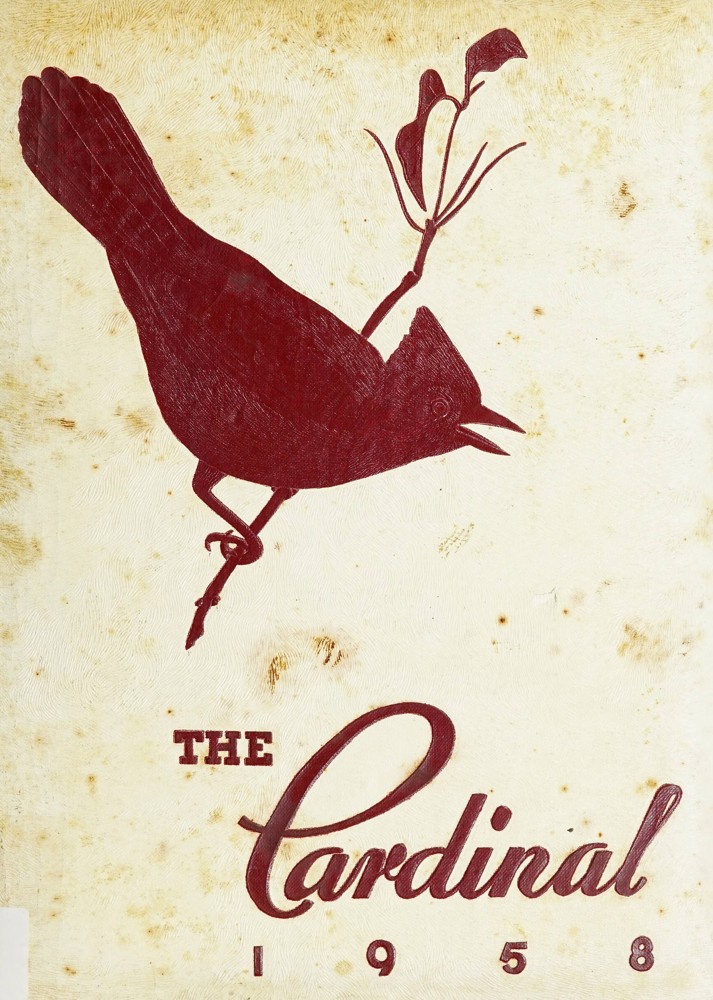
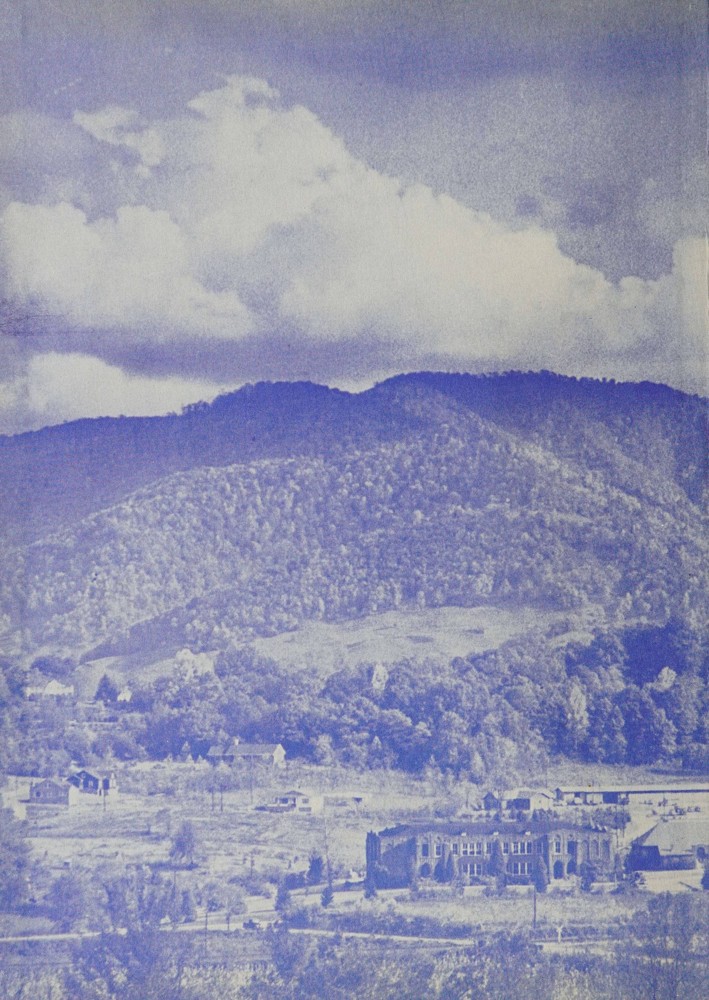
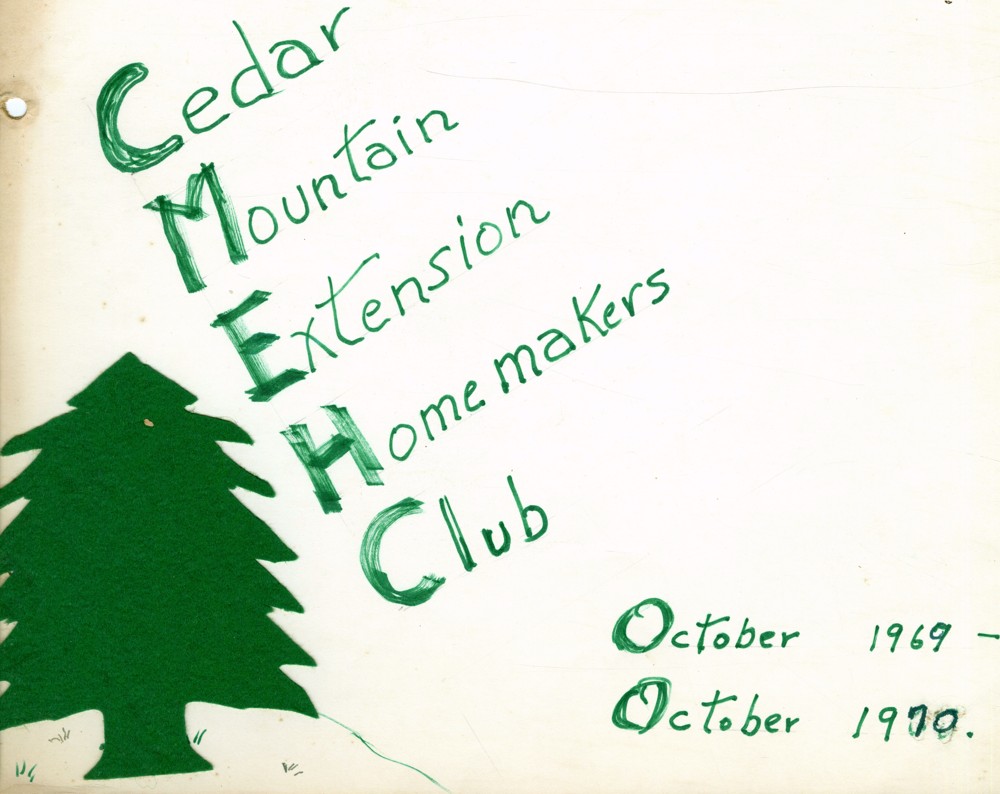
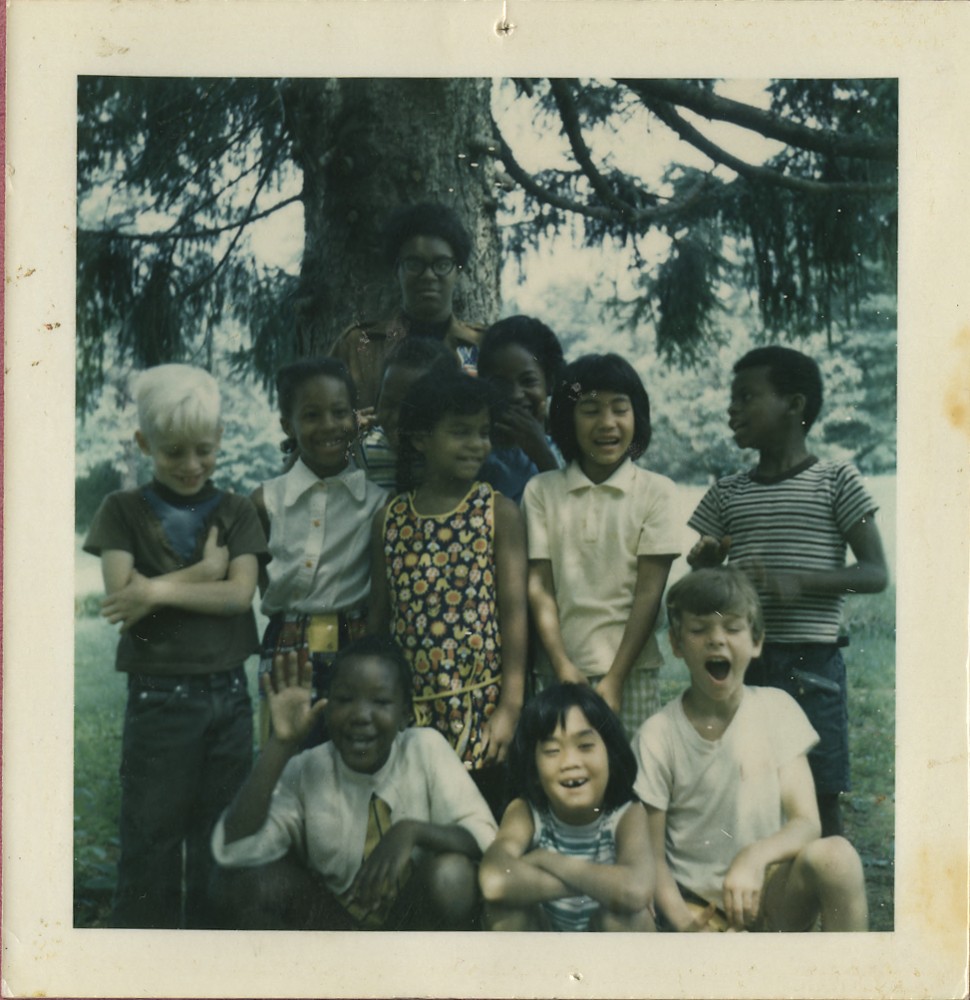
We know that the materials that cultural heritage organizations steward do not compare to human lives and homes, but we also know that it is in these small community organizations that the in-depth local history of the mountains can be found. So many of the small towns in WNC that were impacted by the rising river and mudslides have collections up on DigitalNC, from yearbooks from Canton, Old Fort, Clyde, Black Mountain, and Waynesville to student newspapers from Hendersonville High School, to community scrapbooks from Cedar Mountain and Haywood County, to college collections from Brevard College, Montreat, and Lees-McCrae in Banner Elk, to photograph collections of local organizations held by UNC-Asheville, to the local newspapers that are still putting out issues today like the Watauga Democrat, and so many more.
As the lights come back on, roads are repaired, and water is restored, we wanted to help fellow North Carolina cultural heritage organizations by compiling a list of resources that provide information on getting help to repair damages to collections and the spaces that hold them when they are ready.
